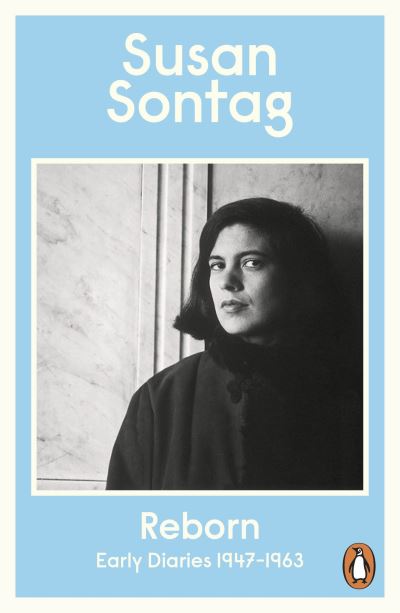The first of Susan Sontag’s collection of
journals, Reborn, provides insightful fragments of a remarkable intellect.
Beginning in 1949 from the perspective of a 16-year-old Sontag, the journals document
a personal journey oscillating between subtle and sharp reflections of a woman
who was becoming a cultural and intellectual icon. Between longer passages are
lists, stray thoughts, and incomplete ideas, all charged with potential, with many
forming the bases for future essays. From her youthful yet completely
self-aware curiosities, to her emotional clarity in intellectualising her
emotions and relationships, Reborn presents snapshots of a great mind exploring
the potentialities of life.
The thing I like about Miranda July is her
ability to stray beyond what is considered “normal” with a completely genuine
eccentricity and matter-of-fact approach, which has the added result of making
you feel completely together. Her 2005 book No One Belongs Here More Than You:
Stories sums this feeling up perfectly. Her most recent book, It Chooses You, is
a collection of short interviews accompanied by photographs. The process of
creating the book has just as much appeal as the interviews themselves: July
was procrastinating from writing a screenplay and instead took to replying to
classifieds ads of people selling their everyday items. The book is a charming collection
of interviews with the sellers about their objects and the meanings they hold
to them, which does much to highlight our own stories about the objects we
choose to keep and those we throw away.
Home/World:
Space, Community and Marginality in Sydney’s West – Helen Grace, Ghassan Hage,
Lesley Johnson, Julie Langsworth & Michael Symonds
A book with lingering relevance, Home/World
presents themes found across all urban spaces: marginality, home, community,
modernity, nature, and migration. This
collection of essays illuminates not only the ways in which Western Sydney has
been negatively represented as a place of disadvantage and grim fates, but also
presents rich, grounded reflections of home, community, and possibility.
Home/World explores the contradictions, nuances, and ambivalences of feeling at
“home” in a city with scattered thoughts on multiculturalism, national
identity, and belonging. A very interesting read that lights up intellectual lightbulbs.




No comments:
Post a Comment